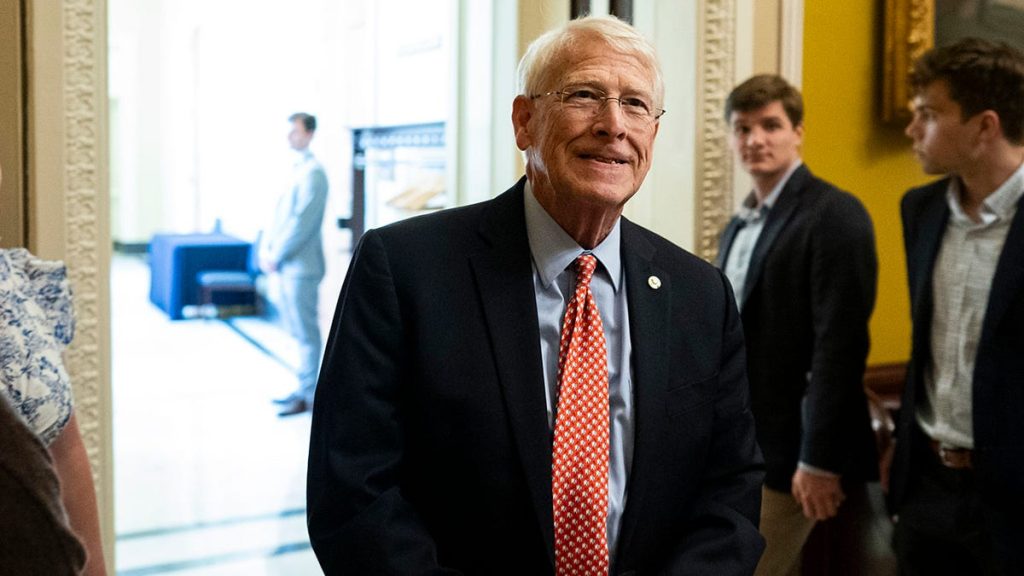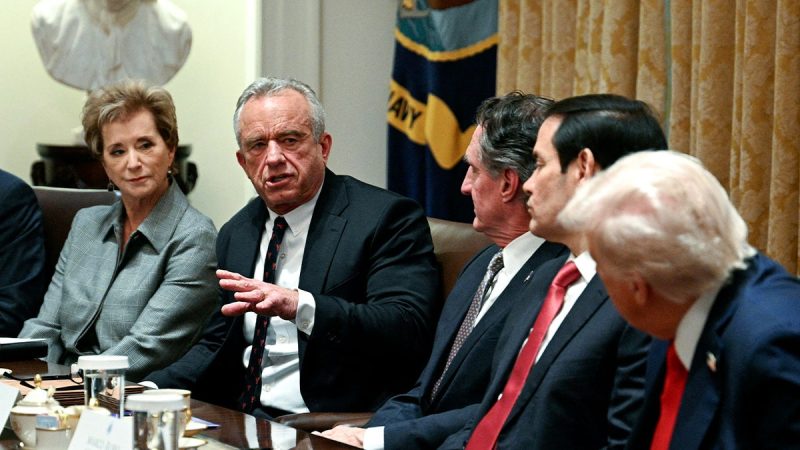Senate advances 2026 defense bill after weeks of delay as shutdown drags on

The Senate advanced its version of a colossal package to authorize funding for the Pentagon on Thursday in the midst of the ongoing government shutdown.
The 2026 National Defense Authorization Act (NDAA), which had been gathering dust as lawmakers worked to break through holds on the bill for over a month, advanced in the upper chamber on a bipartisan vote. The legislation would authorize roughly $925 billion in defense spending.
However, successful advancement of the bill after a marathon Senate vote on amendments came as the government entered Day 9 of the government shutdown with no clear end in sight. Lawmakers in the upper chamber aren’t expected to return until Tuesday, all but guaranteeing that military service members won’t get their paychecks next week.
Senate Armed Services Committee Chair Roger Wicker, R-Miss., formally announced the breakthrough on the Senate floor after Senate Majority Leader John Thune, R-S.D., teased a possible vote Thursday morning. Wicker noted that in a particularly partisan moment in the upper chamber, the NDAA was able to sail through committee earlier this year on a near unanimous vote.
‘In this time, when we can’t seem to muster up a 60-vote majority to keep us in business as a federal government, we were able to pass the National Defense Authorization Act by a vote of 26-to-1,’ Wicker said.
Lawmakers were finally able to move on the legislative package after Sen. Ruben Gallego, D-Ariz., dropped his hold on the measure.
Gallego had called for a vote on his amendment that would have prevented Ashli Babbitt, who was killed during the Jan. 6, 2021, Capitol riot, from receiving military funeral honors. The Air Force extended an offer for military funeral honors for Babbitt in August.
Senators charged through over a dozen partisan amendments and a massive batch of roughly 50 add-ons to the legislative package before moving the bill. The House passed its own version last month.
Among the failed amendments was one from Senate Minority Leader Chuck Schumer, D-N.Y., which would have blocked money to retrofit a Boeing 747 that President Donald Trump accepted from the Qatari government earlier this year.
Another, from Sen. Chris Van Hollen, D-Md., would have prevented Trump and governors around the country from signing off on sending the National Guard from one state to another if a governor or mayor rejected the move.
One successful amendment, from Sen. Tim Kaine, D-Va., would repeal the 2002 Authorization for Use of Military Force for Iraq, which, at the time, authorized President George W. Bush to use the U.S. military as he deemed ‘to be necessary and appropriate’ in the wake of Sept. 11, 2001.
It would also repeal a similar resolution passed in 1991 during the Gulf War. The House’s version of the bill included repeals of both authorizations, too.
However, Sen. Tammy Duckworth, D-Ill., had vowed to block the package Thursday afternoon in an effort to ‘secure a hearing to investigate this gross abuse of our military’ in response to Trump sending the National Guard to Chicago and other cities across the country.
But she backed off her threat after Wicker promised a hearing on the matter ‘in the coming weeks.’
‘I look forward to asking tough questions of the Trump administration about their unconstitutional National Guard deployments to American cities against state and local officials’ objections,’ she said in a statement.







